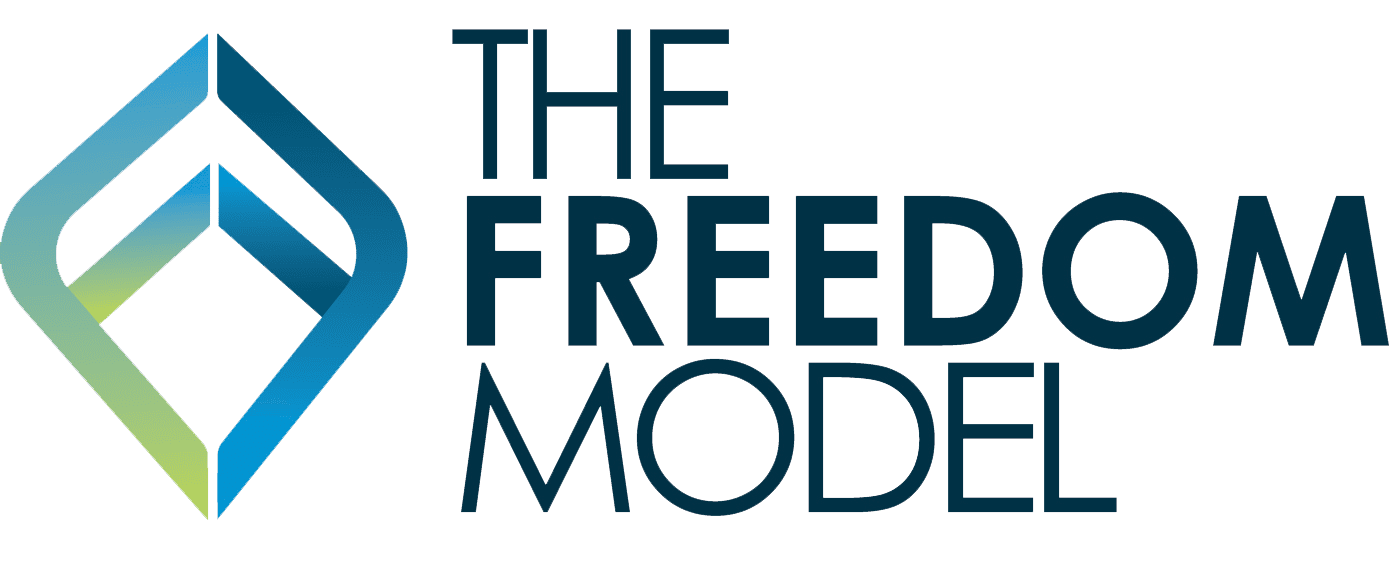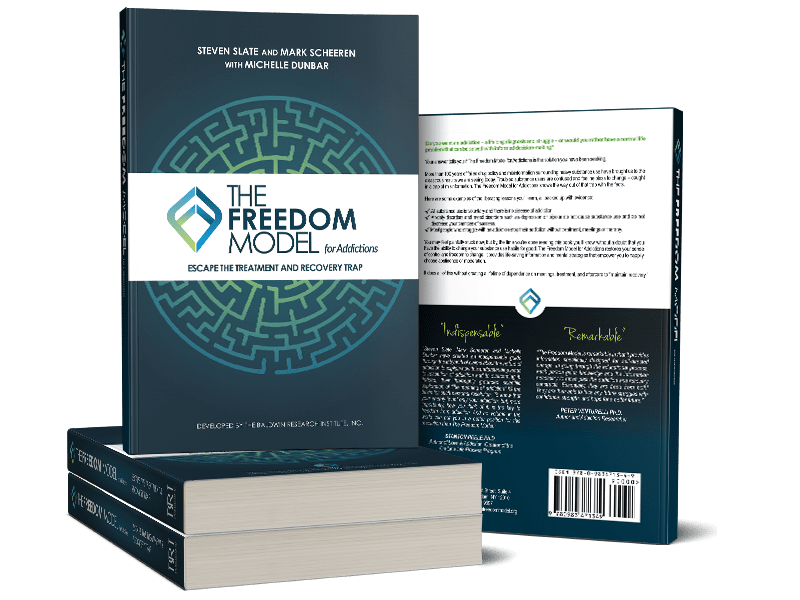You Asked, We Answered
Addiction Questions
I know if I look at my drinking and the costs of it, I’ve got a good chance of quitting. But every time I do that, I drink more! Is there a better way to do this?
In a word, yes. To see quitting from a cost perspective only makes the benefits of getting drunk look better in comparison. So, if you mentally switch the costs of drinking to becoming the benefits of quitting (or moderating), then it becomes easy. The Freedom Model discusses this in some detail. Here is a brief section that discusses converting costs into a benefits framework:
Since most people wish to adjust their substance use to reduce costs or mitigate consequences, the benefits are a relative matter—that is, they exist in contrast to your current costly pattern of substance use. For example, if walking around with illegal substances leaves you feeling constantly paranoid and in fear of the police (i.e., a cost), then if you made the adjustment to using only legal substances, you would experience the benefit of feeling safer.
The default position is to think of this as only a reduction in costs, but it can realistically be a benefit or gain as well. Consider this: if you have been paying a 35% income tax rate for 10 years and Congress passes a 5% tax cut, then it will feel as if you are getting a 5% raise in income. You are now taking home 5% more per year than you were previously taking home. You have been living your life on a budget of 65% of your earnings. You have had a car and an apartment and developed spending and saving habits that could all be afforded on that rate. But now, you keep 70% of your earnings. Yes, you are technically losing less of your income to taxes now, so the tax cut is removing a loss. Regardless, you legitimately experience it as a gain because it exists in comparison to what has been your norm. This perspective is what we could call The Freedom Model attitude—to see a reduction in costs as a gain. This kicks in the Positive Drive Principle to move in this “gaining” direction.
Even though your costs decrease when you adjust your substance use habit, you will experience the reduction in costs as a gain. I (Steven) mention this example because it was a highly notable personal one for me. I used illegal substances for years, was arrested many times, and lived in constant fear and paranoia of being caught with those substances. Of the countless times I was arrested, only a few were for possession. One time, I was arrested because the police found empty heroin bags and managed to scrape some minuscule amount of substance out of them. Another time, I was arrested for possession of syringes. So, even when I didn’t have substances, I was worried I might have the remnants of substance packaging in my car somewhere or paraphernalia that could land me in jail. I lived in constant fear of the harsh sentences I could face in jail time. I was constantly looking over my shoulder for the police. I changed many things about my daily life to try to cut down on any potential contact with the police. I was always trying to become cleverer about hiding my drugs, and, in fact, I forgot where I stashed them more than once. It took a massive amount of mental energy and left me in constant pain. When I stopped using illegal substances, that all went away. I still had some habitual responses for a few months to seeing a cop car. But then I would think about the fact that I had nothing to hide and nothing to fear, and I would feel such comfort. Suddenly, I felt free. I had more mental and emotional energy to channel into all the other things I wanted to do with my life. It’s truly liberating to no longer fear being arrested for possession of substances.


0 Comments